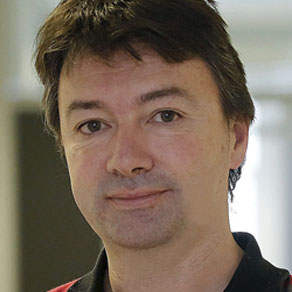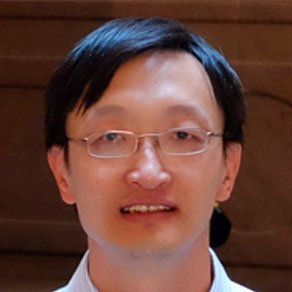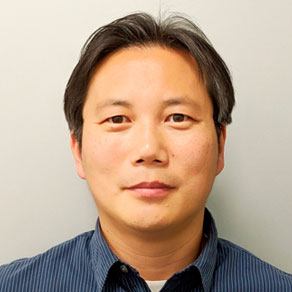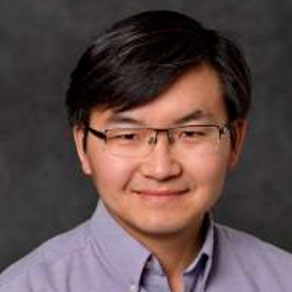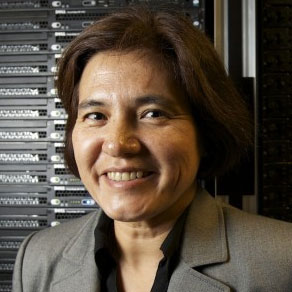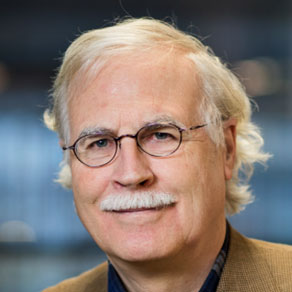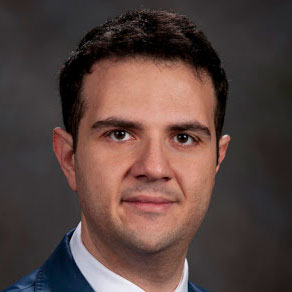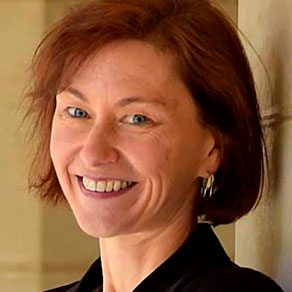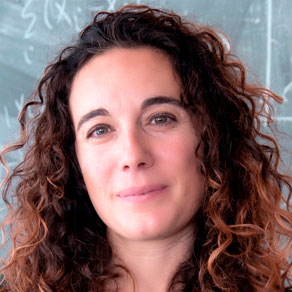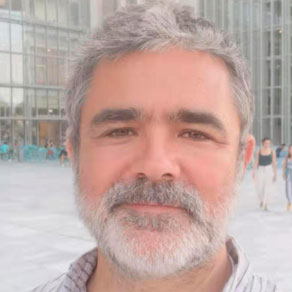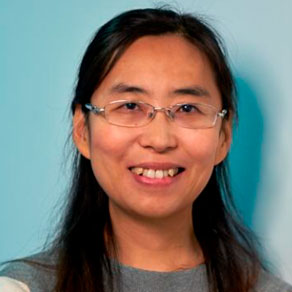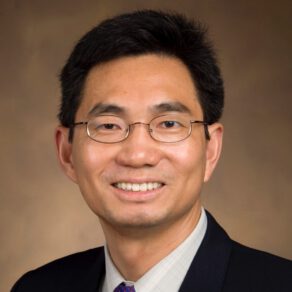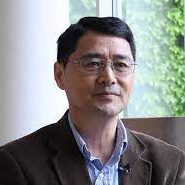
Guowei Wei
[introductory/advanced] Integrating AI, Math and Experimental Data to Forecast Emerging SARS-CoV-2 Variants [virtual]
Summary
Understanding the mechanisms of SARS-CoV-2 transmission and evolution is one of the greatest challenges of our time. We accurately predicted two vital spike protein receptor-binding domain (RBD) residues (452 and 501) responsible for all the prevailing SARS-CoV-2 variants in May 2020 (Journal of Molecular Biology (2020) 432, 5212). Essentially, all of known RBD mutations belong to a list of 1149 mutations predicted by us as the most likely ones out of 3686 possible ones. We unveiled in July 2020 that natural selection is the mechanism governing SARS-CoV-2 evolution out of a variety of competing theories (see the above reference), which laid a foundation for us to accurately forecast emerging SARS-CoV-2 variants. We found that vaccine-resistance is a new transmission pathway for some emerging variants. Continuously confirmed by experiments, our predictions are based on all available viral genomes isolated from millions of patients, tens of thousands of mutational data, hundreds available SARS-CoV-2 antibodies, algebraic topology, and deep learning. Due to the development of antibodies in world populations, we anticipated that future SARS-CoV-2 evolution will be determined by two complementary transmission pathways: infectivity-strengthening and vaccine-resistance.
Syllabus
Part 1: Introduction to SARS-CoV-2 and COVID-19
Part 2: Introduction of topological data analysis
Part 3: Deep learning prediction of emerging SARS-CoV-2 variants
References
- https://users.math.msu.edu/users/weig/paper/p246.pdf
- https://users.math.msu.edu/users/weig/paper/p265.pdf
- https://users.math.msu.edu/users/weig/paper/p268.pdf
- https://users.math.msu.edu/users/weig/paper/p269.pdf
- 2109.04509.pdf (arxiv.org)
Pre-requisites
Basic machine learning, basic SARS-CoV-2 or COVID-19, and basic mathematics.
Short bio
Guowei Wei earned his Ph. D. degree from the University of British Columbia in 1996. He was awarded a postdoctoral fellowship from the NSERC of Canada to pursue his postdoc work at the University of Houston. In 1998, he joined the faculty of the National University of Singapore and was promoted to Associate Professor in 2001. In 2002, he relocated to Michigan State University, where he is an MSU Foundation Professor of Mathematics, Electrical and Computer Engineering, and Biochemistry and Molecular Biology. His current research interests include mathematical biosciences, deep learning, drug discovery, and computational geometry, topology, and graphs. He has advised over a hundred fifty students, postdocs, and visiting scientists. Dr. Wei has served extensively in a wide variety of national and international panels, committees, and journal editorships.

